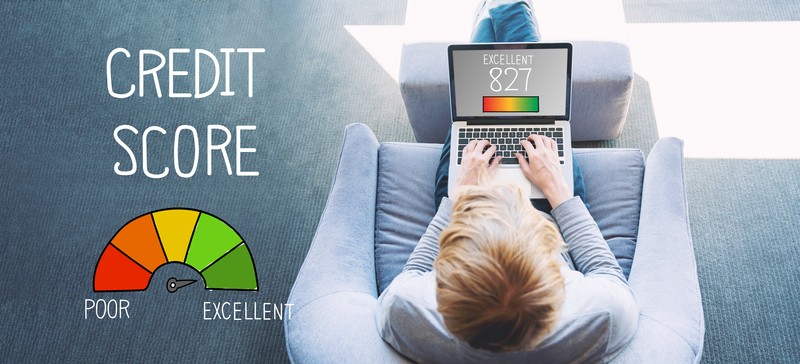A 2016 study by the Consumer Federation of America and Vantage Solutions found that 80 percent of Americans understood the basics of credit scores but lacked clarity on the details. Most people understand that when they take out a loan or open a charge account, it is compiled on their credit report. They understand that their credit history includes their payments. If they pay on time or early, it helps their score. Late payments hurt. The later they are, the worse for their scores.
According to CrediReady, your credit score is calculated by analyzing your payment history, credit utilization (how much you borrow), the length of your credit history, the mix of credit accounts you have, and new credit you’ve taken on. Though making on-time payments is the biggest portion of the credit-scoring matrix, understanding these five factors can help you manage your credit history for score maximization.
Payment history
No one is surprised about this factor. People are sometimes surprised to learn that some late payments may not be reflected in their credit history. Some creditors do not report to credit bureaus. Late payments on student loans, for example, may not be reported if the borrower enters into a forbearance or income-driven repayment plan. Never assume what is on your credit report. You can get a free one at least once a year, along with your score.
Debt usage
Here’s where credit cards can sink you. Your credit history shows your total available credit and how much of it you are using at any given time. For example, if you have $10,000 in credit available and have charged $2,000, you have a 20 percent debt-usage ratio. Always avoid going over 30 percent. 10 percent or less is optimal.
Age of credit accounts
Keep the older accounts and be sparing about opening new ones. Credit scores favor older accounts because they show a longer history. An account helps your score the most when it is 10 or more years old. That’s a good reason to stick with a couple of good credit cards. Too many open credit card accounts will hurt your score.
Types of accounts
Mortgage accounts and car-loan accounts are generally good for your credit, provided that you pay on time and have not overextended yourself. A couple of credit card accounts are good. Lots of credit card accounts, payday loan accounts, and other short-term, high-interest lending options are damaging.
Inquiries
Lots of credit inquiries make it look like you intend to borrow a ton of money and maybe overextend yourself. For this reason, inquiries hurt your score. The exceptions are groups of inquiries within a 30-day period for the same type of loan. These all count as one inquiry. The logic in this is that if someone is shopping for a vehicle or mortgage, a group of car dealerships or mortgage lenders may pull credit over a 30-day span.
The key to great credit is on-time payments, keeping usage well below the maximum, and having established accounts. These factors make you more attractive to prime lenders.
Did you find this article helpful and informative? If so, check out some of our other related articles:
- Use Simple Math to Pay Off Your Debts Faster & Smarter
- How to Easily Create a Budget with Fixed Expenses
- 5 Surprising Ways to Save Money on Insurance
